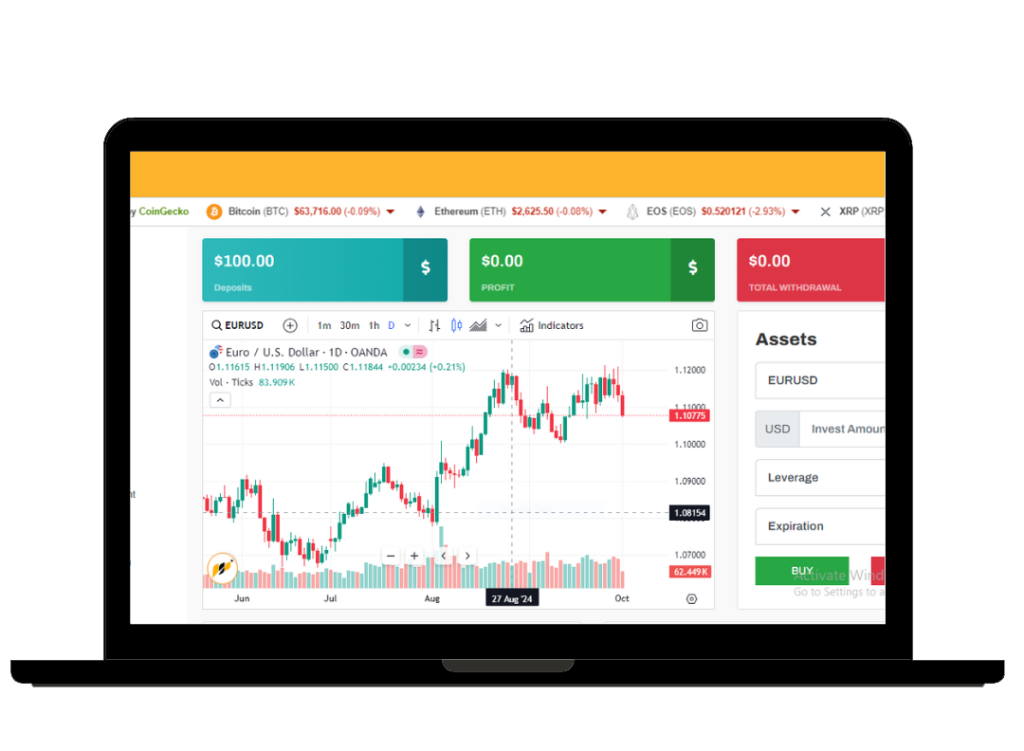Start Trading Today!
Overview of Equity Indices Trading
Equity indices, often referred to as stock indices, are specific market benchmarks that gauge the value of a segment of the stock market. They are calculated using a weighted average of the prices of selected stocks within a particular category.
Stock indices can represent an entire stock market, such as the NASDAQ, or focus on a select group of major companies within a country, like the S&P 500 in the U.S., the FTSE 100 in the U.K., or the Nikkei 225 in Japan. The main purpose of these indices is to indicate the overall trend of a stock market or the broader economy of a nation. However, because they are made up of a collection of companies, stock indices can be significantly influenced by substantial movements in a single company or a specific sector.
The weighting of stocks within an index varies among different indices, which means they use different criteria to arrive at their results. The two primary methods for calculating the influence of an individual stock on the index are price weighting and capitalization weighting.
Below are categories of some popular indices: 1. Dow Jones (US30) and Nikkei 225 (Japan225) are examples of price-weighted indices. 2. FTSE 100 (UK 100), ASX200 (Australia 200), Hang Seng Index (Hong Kong 50), DAX (Germany 30), CAC 40 (France 40), and IBEX35 (Spain 35) are notable capitalization-weighted indices.

Why trade Indices currencies with LUXFIN?
Highest Volatility
The forex currencies and the forex market itself is the most volatile amongst all asset classes.
Big leverage
When it comes to forex trading, the leverage is the biggest (1:500) for major currency pairs.
Lowest spreads
The spreads on the forex currency pairs
are considered the lowest from all trading instruments.
Trusted broker
All of the advantages of trading currencies doesn’t make sense if you trade with the wrong broker.

